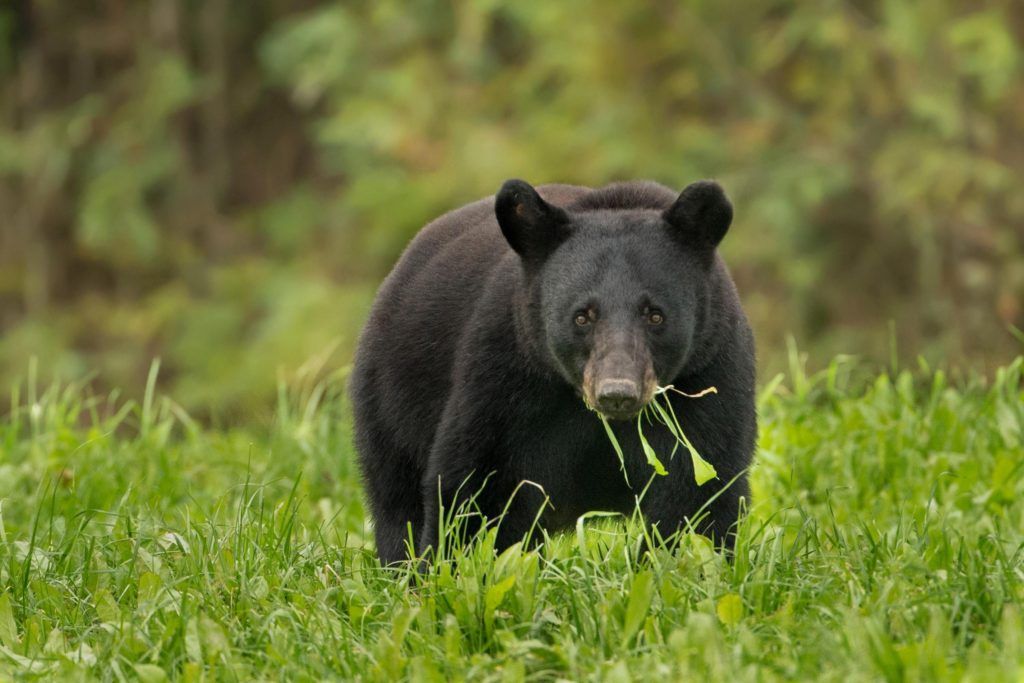February 2025 NRC Preview
February 2025 NRC Preview

The Natural Resources Commission (NRC) meets on Thursday, February 13 at Lansing Community College’s downtown campus.
Bear regulations are up for information for the NRC. Wildlife Conservation Order #2 of 2025 proposes a number of changes to bear regulations.
- Changes the date bear hunters can place tree stands or ground blinds on public land to begin the same day a hunter can begin baiting for bear.
- Updates bear registration requirements in the wildlife conservation order (WCO) from the entire bear, or head, to instead require the entire bear or the undivided head and hide. Biological samples will still be required.
- Currently WCO requires the kill tag to be affixed to the bears lower jaw, the proposed regulation would allow the kill tag to be attached to the lower jaw, or eye socket to the upper jaw.
- Changes the quiet period for running dogs in the northern lower peninsula prior to bear season to a four-day period. This was to ensure people running dogs were able to enjoy a full Labor Day weekend, which current regulations prevented four out of every eight years.
-
A number of regulatory issues considered by the department and the bear forum are also mentioned in the memo, with no amendment proposed.
The amendment also proposes a number of changes to license quotas for bear management units (BMU) across the state:
- Red Oak BMU: an 80 (+12%) license increase.
- Gladwin BMU: a decrease of 5 licenses (-5%).
- Baldwin BMU: an increase of 165 (+42%) licenses.
- Amasa BMU: an increase of 10 licenses (+2%).
- Baraga BMU: an increase of 30 licenses (+2%).
- Bergland BMU: a decrease of 85 licenses (-9%).
- Carney BMU: an increase of 15 licenses (+3%).
- Gwinn BMU: a decrease of 150 licenses (-17%).
- Newberry BMU: a decrease of 125 licenses (-12%).
- Drummond Island BMU: an increase of 2 licenses (+31%).
The order also contained a pair of administrative changes to WCO to comply with statute.
Wildlife Conservation Order #1 of 2025 is also on the agenda, which allows for hunting to continue on the newly acquired Gete Mino Mshkiigan property, under state park land rules.
Both WCO amendments are eligible for action at the March meeting.
The director has four orders up for action. To learn more about these orders read our January NRC preview.
There are two land transactions on the agenda, MUCC reviews all transactions exceeding 80 acres, which both orders do.
Land Transaction Case #20240089 is a sale of 350 acres of surplus land in Crawford County for the Saab munitions plant.
Land Transaction Case #20240082 is an 80 acre acquisition in Alpena County, the property will be managed as part of the Atlanta Forest Management Unit.
MUCC will be streaming the meeting on our Facebook page, as technology allows.
To ensure our natural resources remain protected and managed thoughtfully and our outdoor heritage defended, join Michigan United Conservation Clubs today: http://bit.ly/JoinMUCC.
Recent Posts



